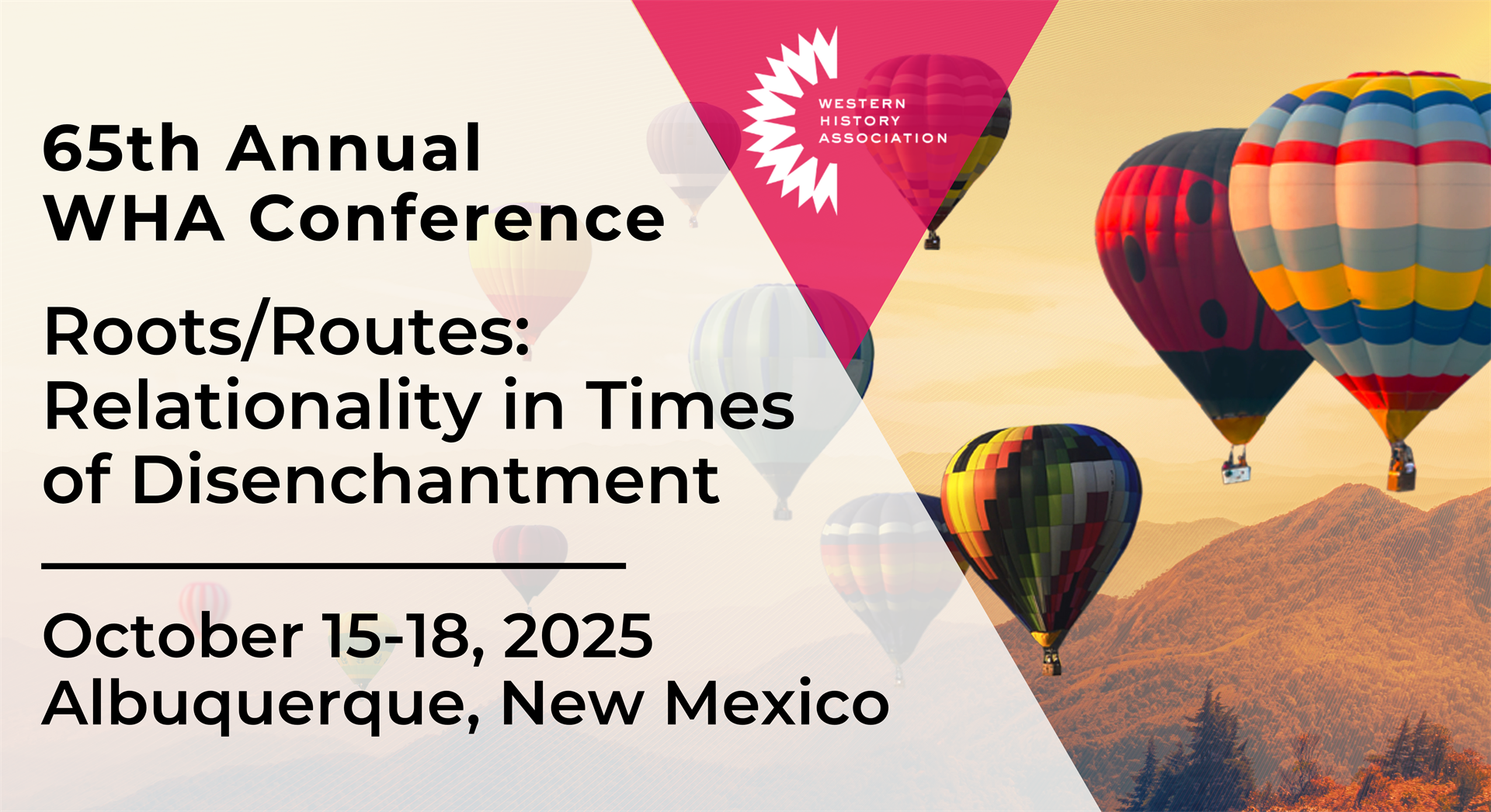Theorizing Black Western Movements in the 21st Century: A Roundtable
FRIDAY, OCTOBER 17, 10:15 A.M. – 11:45 A.M.
Convention Center: Zuni
A Roundtable: Theorizing Black Western Movement(s) in the Twenty-First Century: Chair: Loneise E. Thomas, Ph. D. Candidate—University of Oklahoma
Dr. Jeanette Jones—University of Lincoln-Nebraska, Are there Black people in Nebraska?
Dr. Kalenda Eaton—University of Oklahoma, Data Mining Black Gold
Dr. Timothy E. Nelson, New Mexico State University, Mexico’s Northern Frontier and the Myth of the “Old West” (250-word 2024 submission for consideration)
Exploring Black mobility in the "American West" reveals a profound exercise of self-determination grounded in local traditions. If Spanish Colonial projects inspired these traditions, Black communities have the authority to claim a legacy that began around 1519 in the so-called “Old Mexico.” Consequently, when Black People established Blackdom, New Mexico, around 1903, they created a sovereign space within Mexico's Northern Frontier, not merely America's Western Frontier.
The importance of Mexico’s abolition of slavery in the 1820s, when Liberia was conceived, cannot be overstated. If African Diasporic Studies methodologies are valid, Blackdom represents a continuation of northward expansion. This key directional shift suggests that Africans played a significant role in the genocide of Indigenous and Native Peoples. Either Westward or Northward, Black folk might consider reckoning with the genocide of indigeneity, both external and internal.
Often in protest, Black People familiar with Mexico and with the option to do so often remained outside the formal U.S. Jurisdiction. Buffalo Soldiers, for example, often embedded themselves in local communities, further supporting a notion of cultural inheritance. Black People who migrated Westward benefited from an earlier colonial project that allowed for autonomy in a post-slave society before the American Civil War (1860-1864).
Although Frederick Jackson Turner ushered in a rhetorical closing of the “American West” in 1893, the Blackdom Townsite Company was incorporated in the New Mexico Territory a decade later. Post-Plessy (1896), Black Folks understood their mobility beyond a Black / White binary in a brown Borderland.
Roots/Routes: Relationality in Times of Disenchantment
New Mexico is affectionately nicknamed the “Land of Enchantment.” Since time immemorial, it has been home to Pueblo, Diné, and Ndee peoples. Settlers have been coming to its striking landscape–and remaining–since the sixteenth century. Many jokingly refer to it as the “Land of Entrapment”; once you go there, you don’t want to leave. Such characterizations belie deep legacies of layered colonialisms that challenge relationships between kin, communities, and the land and reinscribe alternate logics of being and belonging. These tensions have been born out at various historical moments (1680 Pueblo Revolt, 1837 Río Arriba Rebellion, 1847 Taos Revolt), and more recently at places of public memory and memorialization, even resulting in shootings at statue sites in New Mexico in 2020 and 2023.
With this in mind, and holding our meeting in Albuquerque, we called for proposals that approach the idea of relationality–to lands, kin, peoples, even institutions–in times of disenchantment. Indigenous perspectives on relationality stress reciprocity and responsibility, and we invite proposals from a variety of perspectives that consider the idea of relationality in the history of the North American West. How have people and communities in the West conceived of their relationships and responsibilities? What have successful models of relationality, and ruptures in these relationships, meant in the region’s history? Through the lens of western history, how can we renew the theory and practice of relationality? We hope for an enriching conversation, with panels that will help us rethink the historical roots of our relationships in the West, broadly conceived, and imagine useful models for future relationality.

